Reading a good book is one way to spend a hot, languid summer day and evening.
From a Paulo Coelho novel to a collection of essays by the late Ven. Beopjeong, some of the most prominent figures in Korea’s culture scene recommend their favorite books for your vacation.
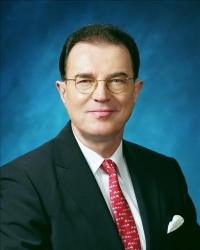
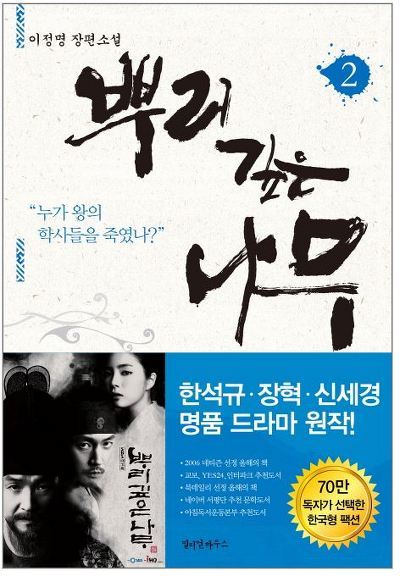
Lee Charm, CEO of Korea Tourism Organization
‘Deep Rooted Tree’ by Lee Jung-myung
I read the historical thriller novel about the creation of the Korean writing system hangeul. I found the secret codes involving scholars engaged in the making of the writing system and various related episodes really interesting and thrilling. I also thought that we could incorporate interesting storytelling into Korean tourism, making it more fun. It’s fun to read and I recommend the book to anyone, especially those who work in the tourism industry.
“The Deep Rooted Tree” is a two-part historical fiction series that depicts the serial killing of scholars that took part in the making of hangeul in the seven days after it was promulgated by King Sejong.
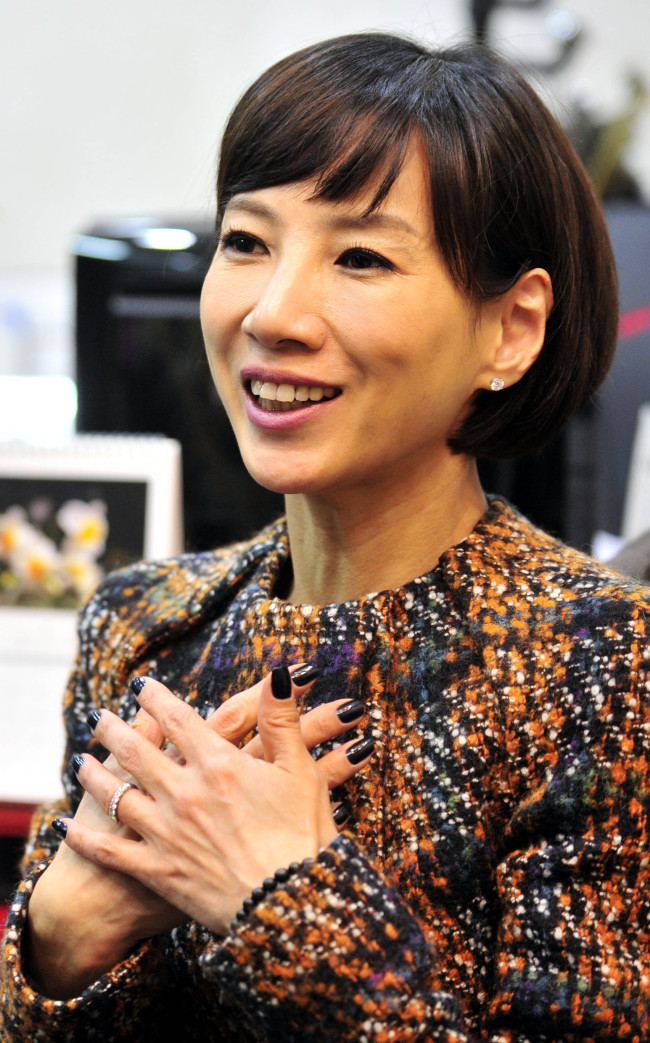
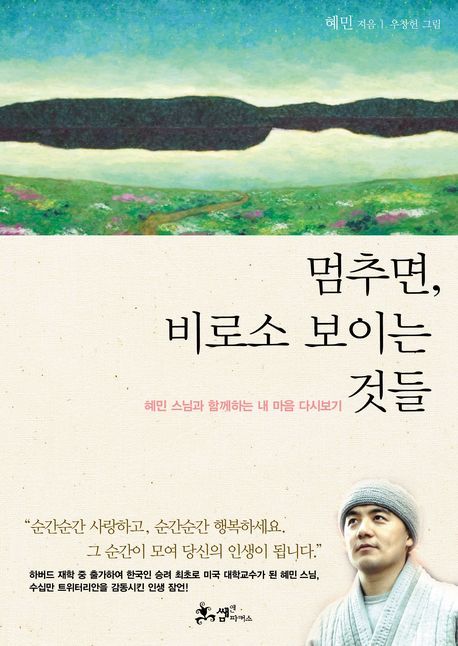
Choi Tae-ji, director of Korean National Ballet
‘What You See When You Take a Break’ by Ven. Hyemin
I got this book as a gift and I am reading it right now. It’s a collection of essays by the Ven. Hyemin, and I find his writings healing and comforting. Reading the book also takes you away from your busy routine of daily life and lets you relax your mind. I think it would be nice to read the book during one’s summer vacation.
Korea’s well-known learned Buddhist priest Ven. Hyemin writes about love, relationships and life in this collection of essays published in January. In the book, he stresses that one gains wisdom the most through relationships with others, and it’s important to accept differences rather than trying to change them to the way you want.
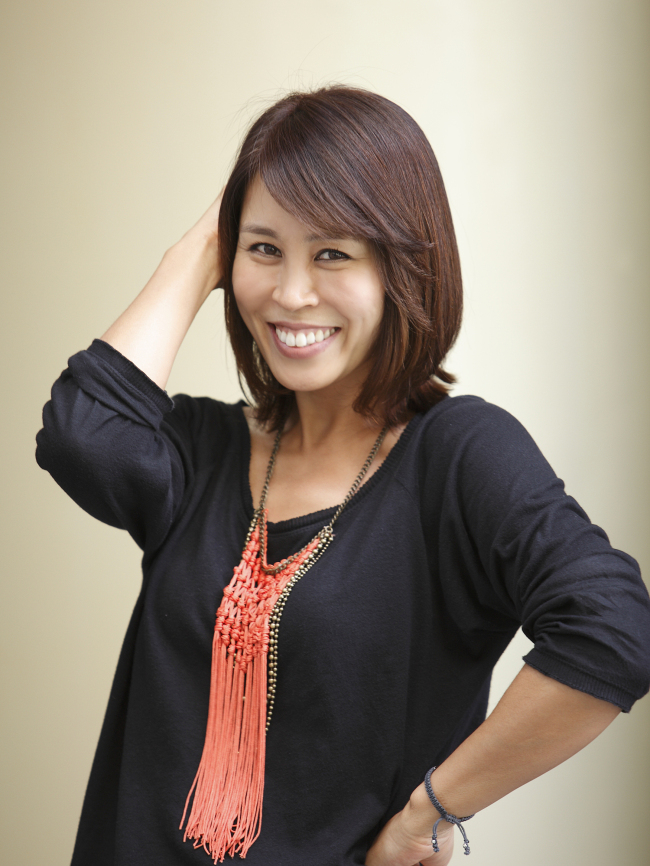
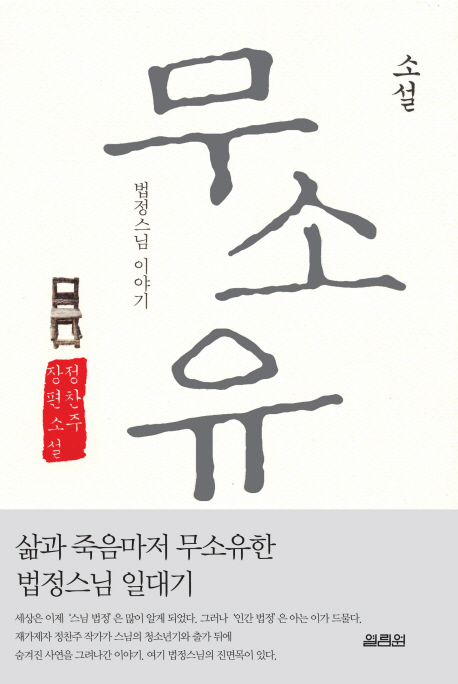
Choi Jung-won, musical actress
‘Without Possession’ by Ven. Beopjeong
I read this collection of essays by the late Ven. Beopjeong whenever I feel down or when things are rough. And every time I read it, I always find something new to learn. One of the most memorable lines of the book is where he says one of his interests is to be “endlessly patient.” The line makes me think about the way I should live as an actress: It teaches you that what you enjoy should benefit others and be shared with others while it helps you grow into a better person at the same time.
“Without Possession” is a collection of 35 short essays by Ven. Beopjeong, who preached living a frugal, simple life as well as the virtue of possessing nothing. The book was first published in 1976, and sold some three million copies in the last 30 years.
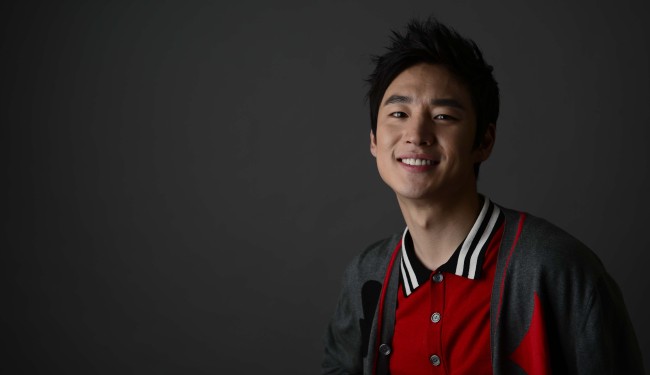
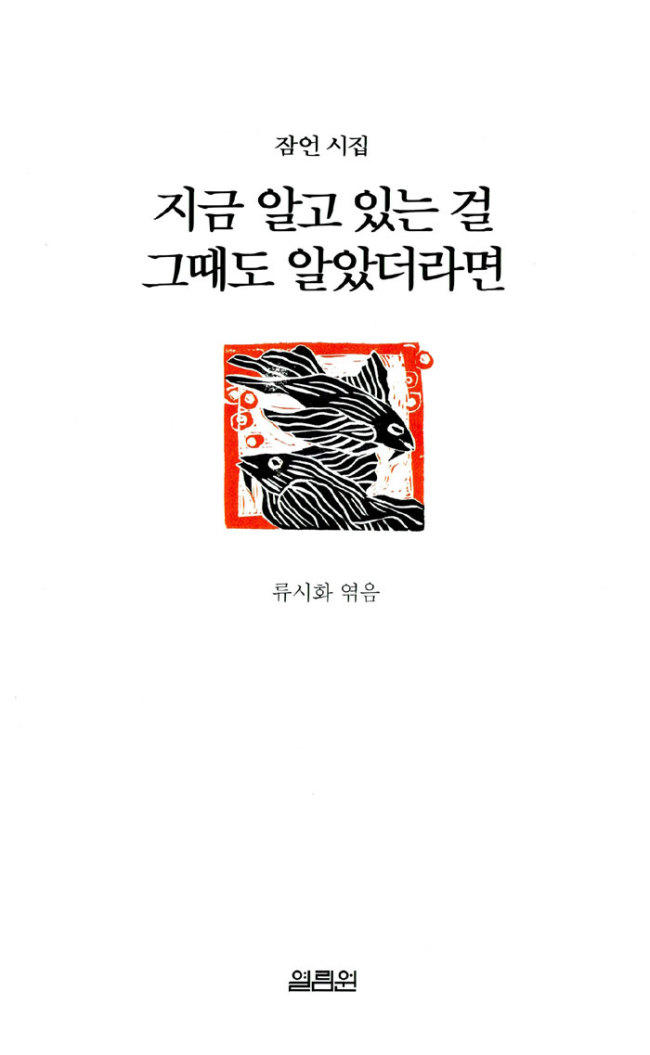
Lee Je-hoon, actor
‘If I Knew then What I Know Now’ edited by Ryu Si-hwa
Someone gave me this book for my birthday this year, and I enjoyed it very much. These days I’ve been preoccupied with reading movie scripts only, so I haven’t had much time to read lengthy novels or works of fiction. But this one was an easy read because it consists of short writings and poems that are arranged by chapters. I found many of the writings moving, and therefore didn’t want to finish the book too soon. I’d always save some of the chapters for later.
Edited by popular poet Ryu Si-hwa, the book is a collection of poems, essays, and prayers written by anonymous individuals from all over the world, including a rabbi, a Muslim poet, a person with AIDS, a singer, and a beggar. The book was published in Korea in 1998.
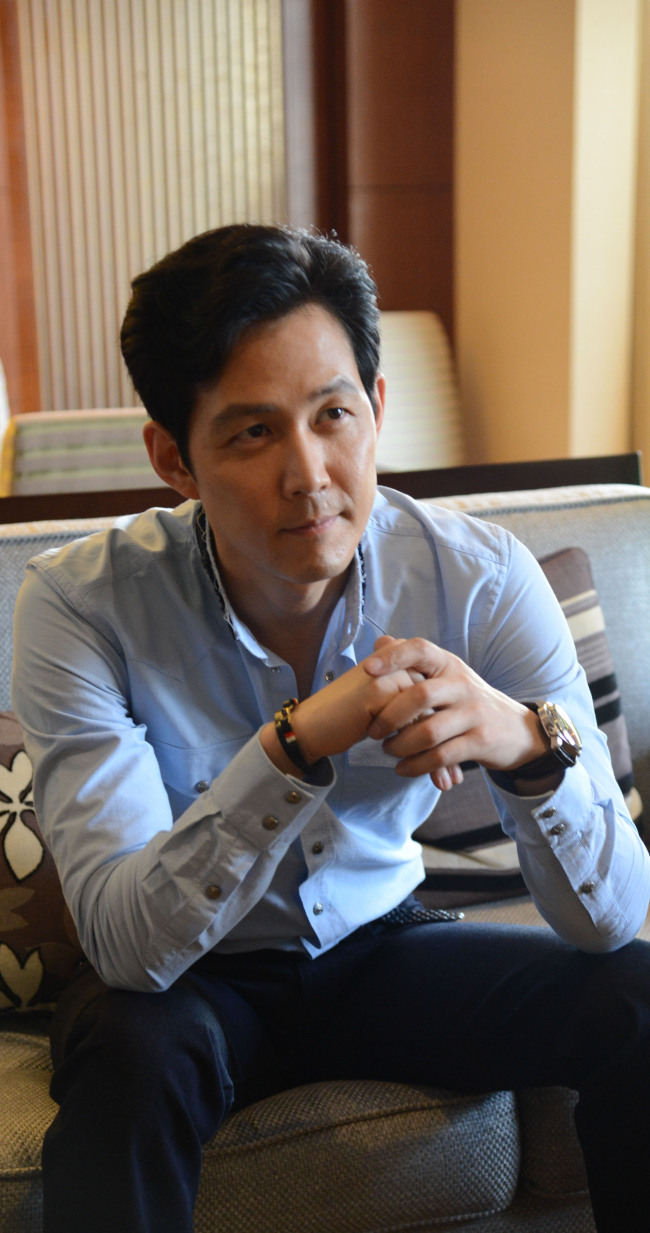
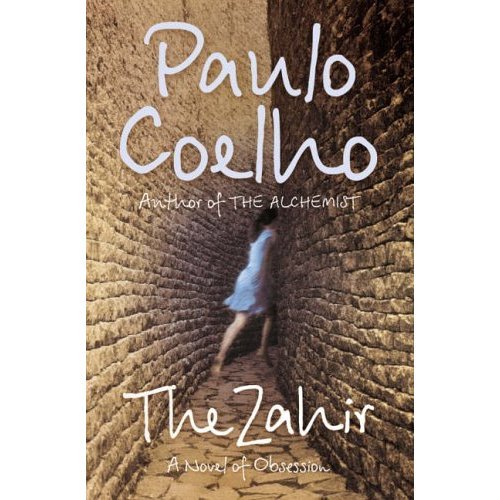
Lee Jung-jae, actor
‘The Zahir’ by Paulo Coelho
On top of everything else, this book is an entertaining read. In the book, the protagonist tries to find his “Zahir,” which means “the obvious” in Arabic, in order to retrieve the things that he lost in his life. I found his journey from Paris to Kazakhstan very moving, and loved the climax of the novel where he finally finds the person he’s been longing to meet. This novel is a great travelogue and a touching account of self-discovery.
A 2005 novel by the internationally acclaimed Brazilian author Paulo Coelho, the book tells the story of a bestselling novelist who is in search of his missing wife.
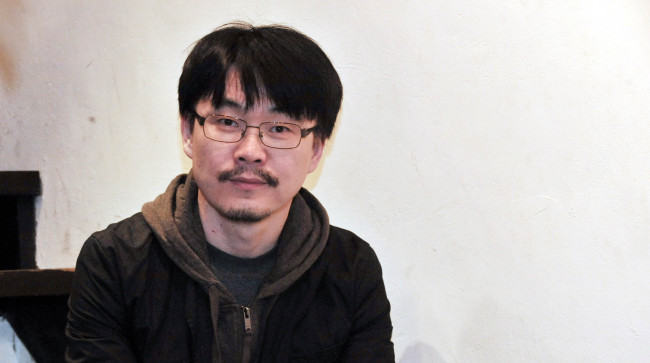
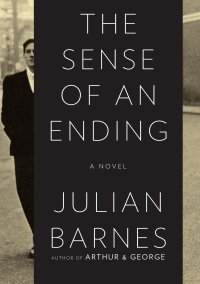
Jung Ji-woo, movie director
‘The Sense of an Ending’ by Julian Barnes
I recently read this novel by British author Julian Barnes. This book really drew me in because I had no idea how it would end until I reached it. I’ve never before seen a character like the novel’s protagonist. He is very ordinary and yet foolish. He realizes his own foolishness for the first time on the last page of the book. And that last page made me ponder about a lot of things in life.
“The Sense of an Ending” was published last year. It tells the story of a man coming to terms with his own past, including the death of his adolescent friend.
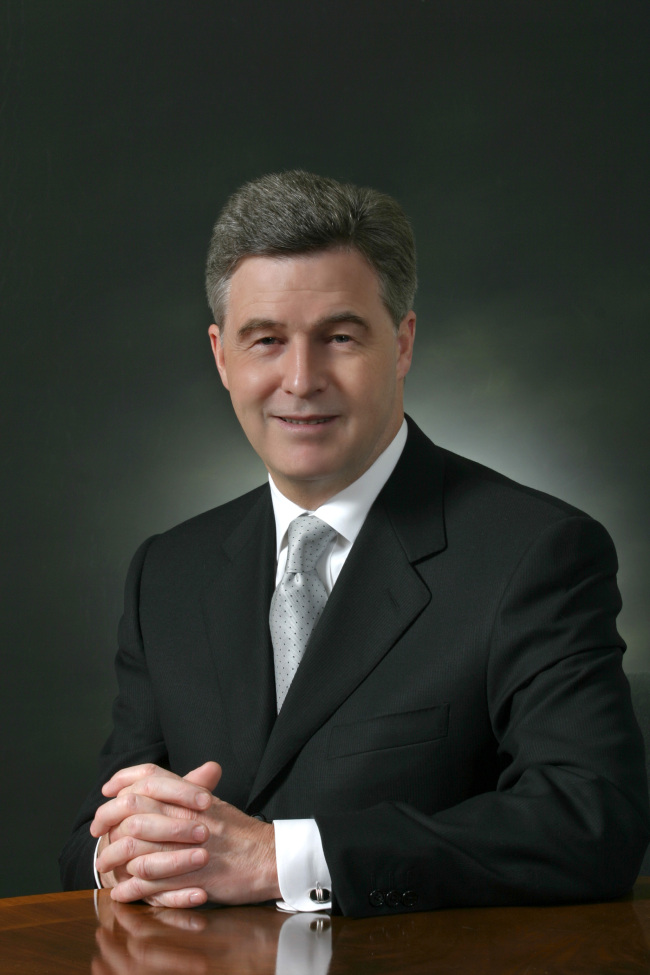
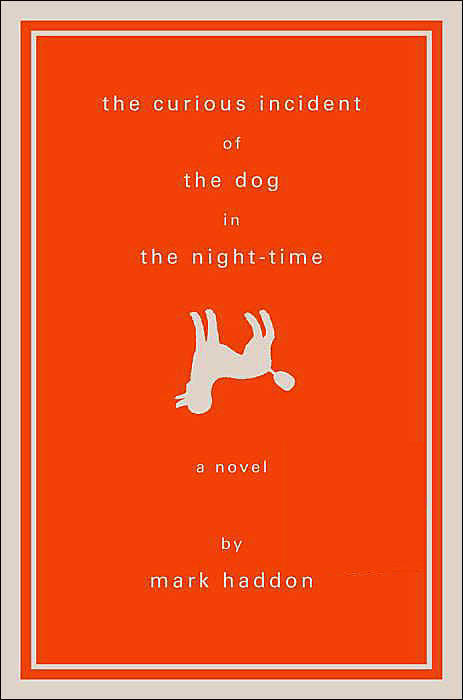
Peter Walshaw, president of Grand Hyatt Seoul
‘The Curious Incident of the Dog in the Night Time’ by Mark Haddon
This is a wonderful story that also gives the reader a good insight into the way an autistic mind works. The unique charm of this book is that it portrays the character who has disabilities through various facets of his life and situations, and the impact on the people around him. Through this perspective, the reader indirectly experiences the pain and hope that family members of autistic patients go through. Although it’s never explicitly expressed, there is a theme of hope for Christopher’s autism.
“The Curious Incident of the Dog in the Night Time,” about a 15- year-old English boy who has Asperger’s Syndrome, a form of autism, was published in 2003 and won Whitbread Book of the Year the same year.
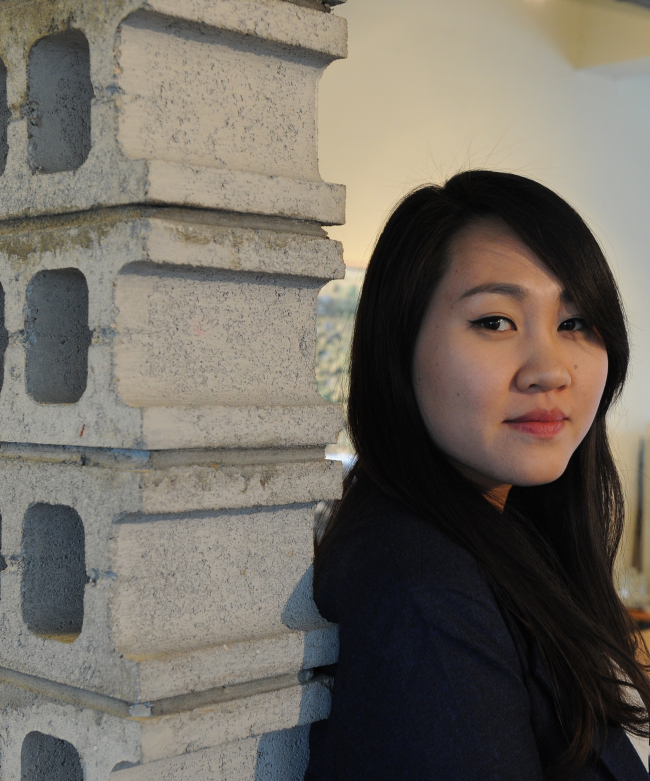
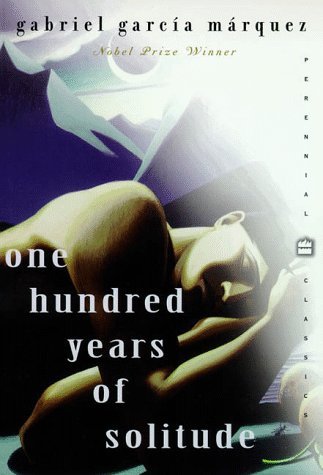
Yang Hyo-joo, movie director
‘One Hundred Years of Solitude’ by Gabriel Garca Mrquez
This Gabriel Garca Márquez novel tells the multi-generational story of the Buendia family, from the time their patriarch, Jose Arcadio Buendia, founded a town in Northern Colombia in the mid-19th century. The book, which is one of the prominent literary works of Latin America’s Magical Realism Movement, includes an elephant circus by gypsies, indecipherable parchments, and contagious insomnia. And all of these elements are used together to describe the family’s 100 years of solitude. The novel’s depiction of torrid, humid Latin America, as well as the family’s generations of desire and its energy, is like boiling lava. You can feel as if sweat is running down their body while reading it, even when you are sipping a cold drink and enjoying the cool breeze.
By Claire Lee & Lee Woo-young
(
dyc@heraldcorp.com,
wylee@heraldcorp.com)























